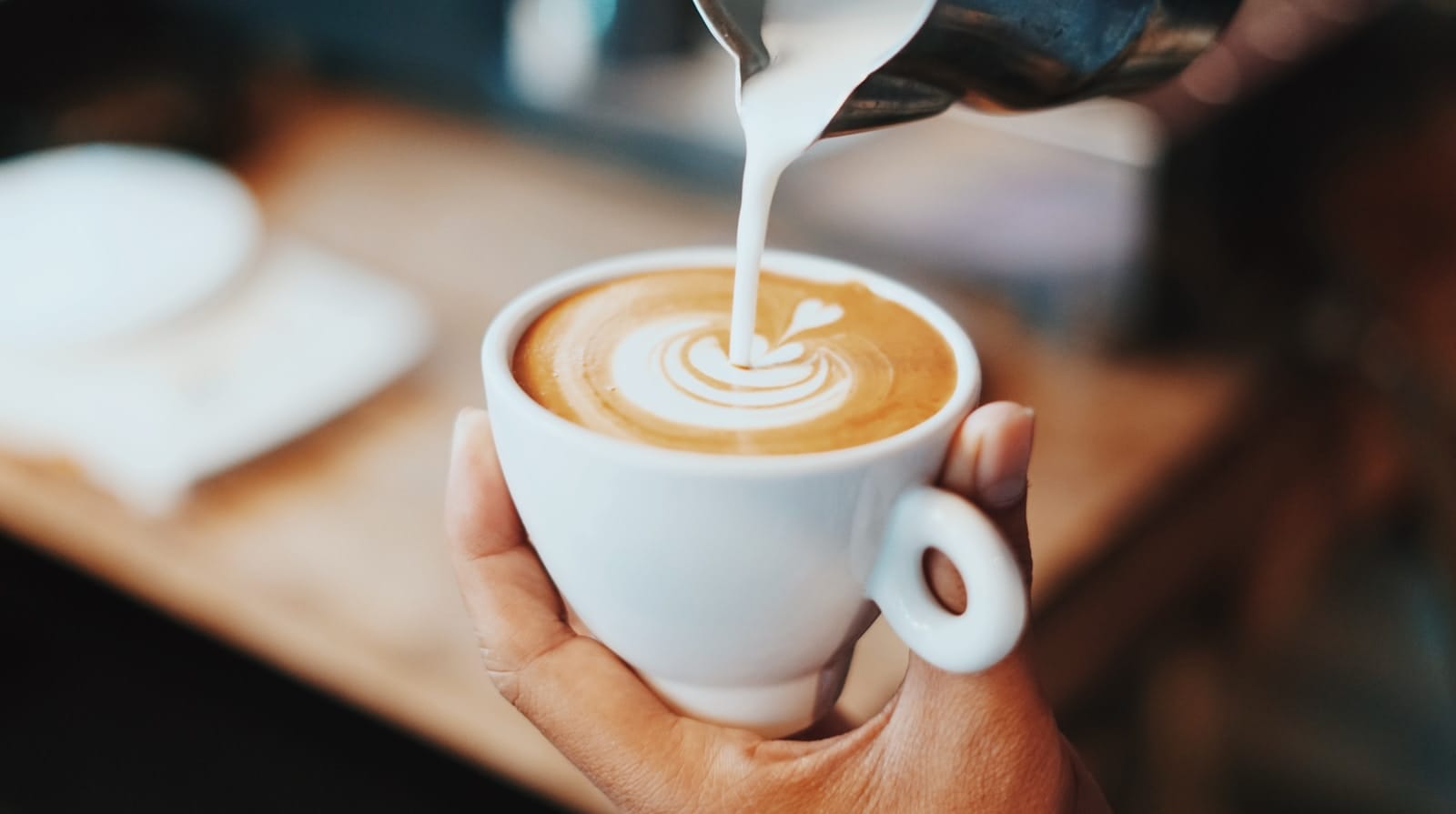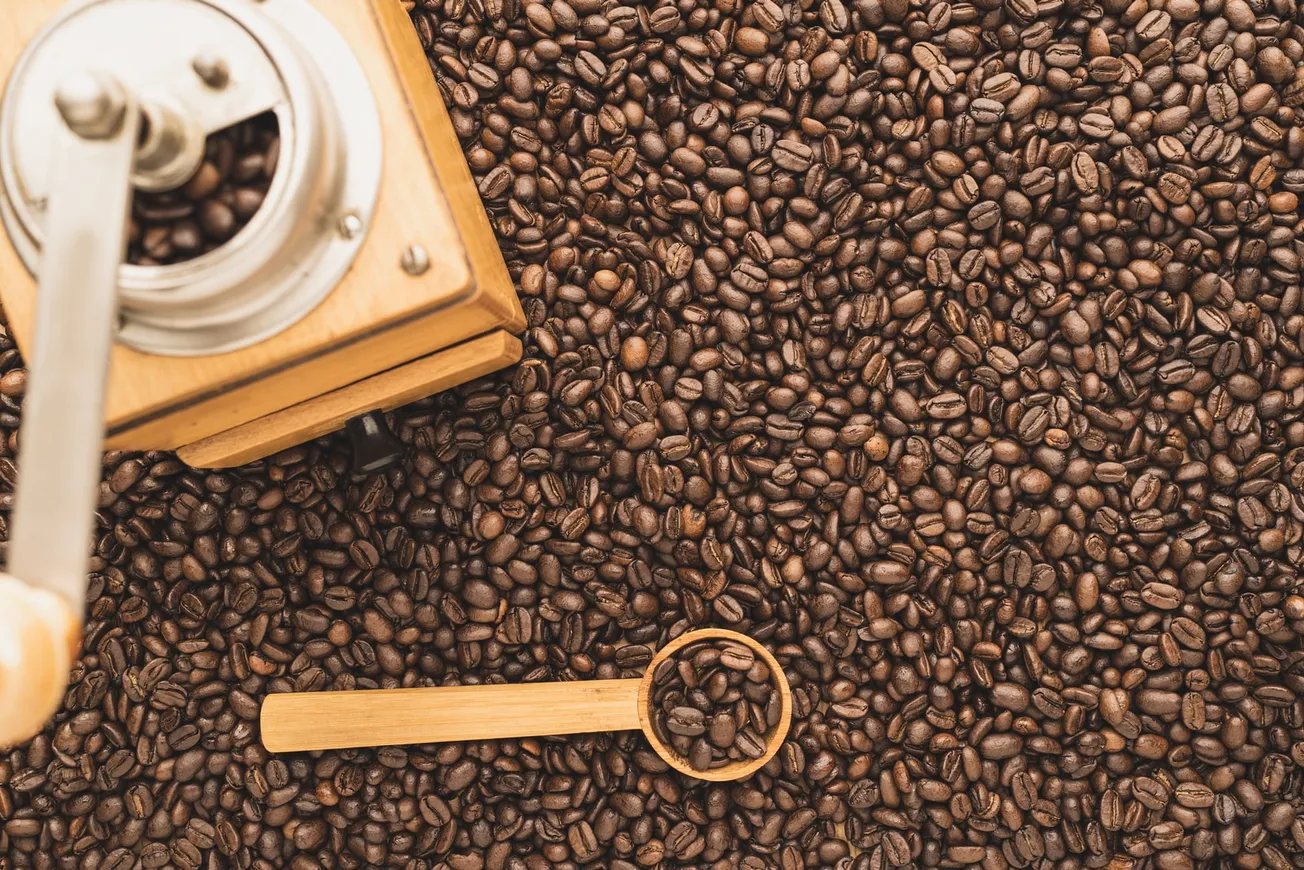Table of Contents
Dr Jae
particle.scitech.org.au
It may sound like the name of a rapper but alas, instead of rapping rhymes Jae spends her time weaving words and writing articles on STEM! With a doctorate in Health Psychology & Exercise Physiology and background in science communication, this curious cat will leave no stone unturned.
We’ve consumed coffee for centuries, but is it good or bad for us? We unpack the brew-haha about coffee, espressoly for you.
Coffee is one of the world’s most popular drinks. So it’ll come as no surprise if you’re reading this with a cup of coffee in your hand.
Globally, around 2 billion cups of coffee are consumed every single day.
In 2017, it was estimated that the average Australian consumed 1.91kg of coffee.
With its power to stimulate your brain and nervous system, some say coffee is great for your health. Others say it’s quite harmful. Let’s see where the latest research stands.
Rise and grind
Coffee contains caffeine, the world’s most widely consumed psychoactive stimulant.
In contrast to caffeinated foods and drinks like black tea, chocolate and energy drinks, coffee has one of the highest concentrates of caffeine with around 145mg per 50mL of espresso.
Although not large amounts, coffee does contain some essential vitamins, minerals and antioxidants too.
If you work out or play sport, caffeine can improve endurance during exercise, according to this study. So in terms of energy production and mental alertness, let’s give coffee a nice green tick.
Healthwise, coffee is not so black and white.
Moderate coffee drinkers have a lower risk of developing some cancers, heart disease, Parkinson’s disease and type 2 diabetes, according to a 2017 meta-analysis (a scientific study that overviews a large number of scientific studies on a given topic). However, coffee was also associated with a higher risk of miscarriage.
Current Australian guidelines for pregnant and breastfeeding women recommend limiting their caffeine intake to 200mg per day.
Ain’t no ristretto for the wicked
It’s important to keep in mind that caffeine is a drug that affects people differently. Some people feel jittery or anxious after a small amount, while others can down several cups of coffee a day and feel fine.
If you’re sensitive to caffeine, you may want to opt for herbal tea instead of an after-dinner espresso. The downside of caffeine being a stimulant is that it also reduces your sleep time and quality.
Coffee can also stain your teeth and promote heartburn or acid reflux.
Rage against the coffee machine
So if a sensible amount of coffee is generally good for most of us, what about the planet?
If you’d like your bean to be as ‘green’ as possible, here are some sustainability tips to consider:
- Buy beans in bulk instead of single-use pods that create waste.
- Use a reusable cup instead of disposable ones.
- Consider low-energy brewing methods such as French-press or AeroPress.
- Swap paper filters for reusable metal or biodegradable cloth.
- Can you drink it without milk?
Don’t worry, be frappe
For whatever reason, if you have decided to ditch coffee, you’ll likely experience some withdrawal symptoms.
These include headaches, fatigue, difficulty concentrating, nausea, muscle pain and irritability. Cutting back rather than stopping abruptly can minimise these symptoms, which can last for a few weeks.
And giving up coffee doesn’t mean you have to stop visiting your favourite café! These days, there are plenty of alternatives on menus and supermarket shelves – decaf, cacao, chai latte and dandelion tea just to name a few.
This article was originally published on Particle. Read the original article.







